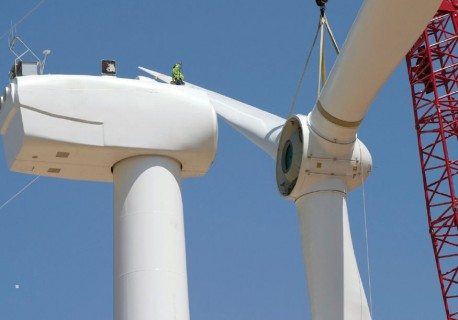Africa is in dire need of power. The continent 250GW of installed electricity capacity by 2030 in order to support its growth. Currently, the continent is only managing 147 GW of power with much ( 68 GW) in sub-Sahara region, and still substantial amount of electricity (40GW) being generated by South Africa alone.
Having launched and marketed necessary programs to attract foreign investors in energy and power sector, Africa must work on its business environment such as improving policy framework and other challenges; so argues Dr. Yanos Michopoulos, the GEF Steering Committee and an independent Management Consultant & Advisor to PE funds and Dr. Angelos Gkanoutas-Leventis, the vice chairman of the Greek Energy Forum in their article.
In order to inspire confidence among private investors, African governments will need to establish clear and stable policy frameworks in the energy / electricity sector. According to the authors, the governments will need to develop “credible local content rules in order to support their local manufacturing sector, to stimulate local employment and to promote the requirements for stable energy production.” Renewable energy sources must also be categorized and integrated in the governments’ long-term energy plans so that they will build a generation capacity that does not stress on their trade balances. Championing for use of renewables can also see these governments earn more from export of crude oil, natural gas and coal, as a benefit.
African countries must run for continental electricity grid interconnectedness according to the authors, in order to open the current development projects to end demand points. Many countries such as Kenya, Ethiopia, Uganda and Rwanda as well as the Southern African region, have initiated massive renewable energy projects and plans to interconnect their electricity grids.

Most African countries strive through unstable energy and electricity regulatory framework and support schemes. This, together with the fact that the government-fixed power pricing strategies and red-tape practices in the industry, will need to be solved in order to attract long-term energy investments by the private sector.
Although many African countries have made substantial initiatives to know partners and business counterparts in the sector as well as improving interconnectedness with neighbors, they will need to improve on guaranteeing credit worthiness of the sponsors and payments security of the state-owned operators.
In order to boost electricity sector in Africa, there is also need for collaboration between key stakeholders since “Experience in the developed markets has shown that for any medium to large energy project to materialise, alignment between different key stakeholders is central.”

Leave a Reply